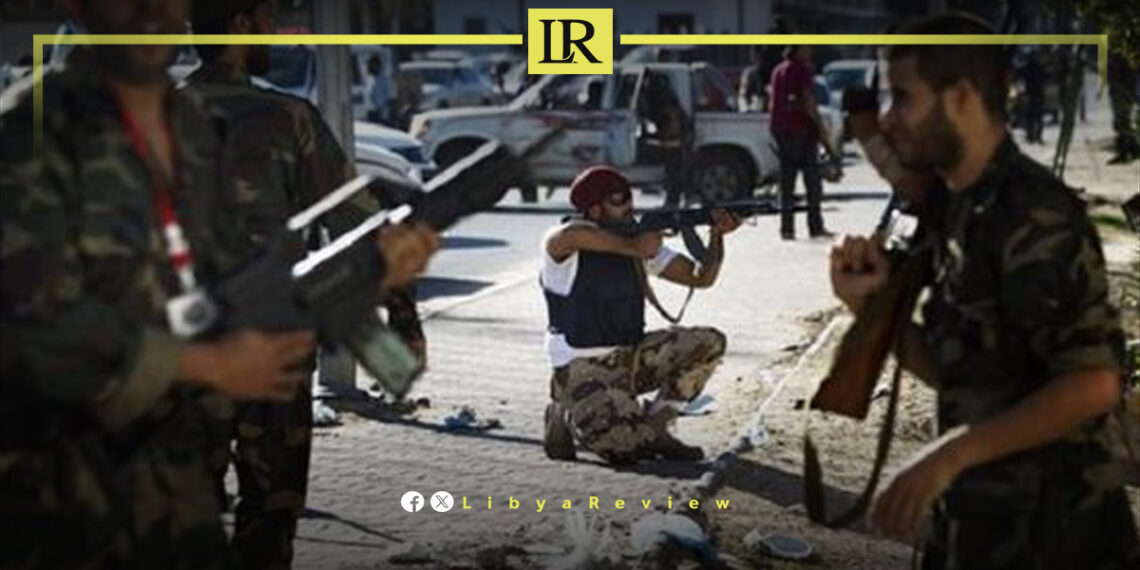On Tuesday evening, armed clashes erupted in Tripoli’s Zanata district, triggering panic among residents and raising fresh concerns over public safety in Libya’s capital.
Eyewitnesses reported intense exchanges of gunfire between members of the Judicial Police near the Zanata Specialized Hospital, a key medical facility in the area. The sudden violence left residents fleeing the area in search of safety.
The incident underscores the fragile security situation in Tripoli, where armed groups operate with significant autonomy, often leading to conflicts. While the cause of the clash remains unconfirmed, these skirmishes reflect the ongoing challenges among Libya’s various security factions, which frequently compete over territory and influence in the city.
In this case, the Judicial Police—a government-affiliated force tasked with maintaining law and order—was reportedly involved, underscoring how even official forces are entangled in violent confrontations.
Since the 2011 uprising that toppled Muammar Gaddafi, Libya has struggled with severe political fragmentation and instability. Tripoli, as the capital, has been particularly affected, becoming a focal point for clashes between rival armed factions.
Numerous militias and semi-official forces, loosely linked to various political groups, exert control over parts of the city. Attempts to integrate these factions into a unified security force have seen limited success, resulting in ongoing territorial disputes and frequent violent outbreaks.
In recent years, Tripoli has faced repeated incidents of armed conflict as factions vie for power, resources, and influence. These disputes often lead to sporadic yet intense clashes, as witnessed in the Zanata district, making public spaces like hospitals and residential areas vulnerable to sudden violence.
Local and international actors have repeatedly called for disarmament and tighter oversight of armed factions to prevent such incidents.
However, efforts to build a stable security infrastructure face persistent challenges in Libya’s divided political landscape. Without decisive reforms, armed clashes are likely to remain a regular occurrence in Tripoli, endangering civilians and stalling Libya’s path toward stability.


